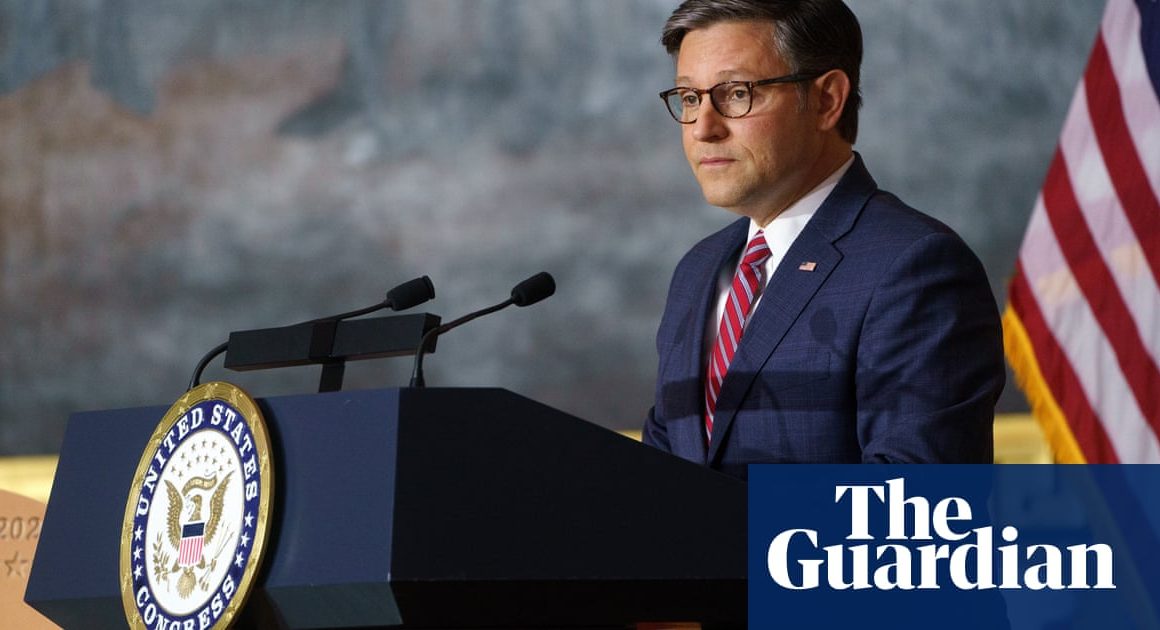A long-awaited verdict is due to be delivered on Wednesday by a court in Conakry, capital of Guinea, in a historic trial over a massacre and mass rape in September 2009, despite impending protests and an ongoing lawyers’ strike in the West African state.
Former dictator Moussa Dadis Camara stands accused with 10 others of ordering a crackdown on thousands of unarmed protesters who were aggrieved that he had decided to stand for election the following year.
At least 150 people were killed after several hundred soldiers opened fire on the demonstrators. Dozens of women were also raped in the ensuing stampede that followed after the gendarmerie entered the Stade du 28 Septembre, named after the 1958 referendum when the former French colony voted for independence.
“This trial is symbolic, marking without a doubt a new era of breaking with a system of impunity,” said Halimatou Camara (no relation to Dadis), a lawyer for one of the survivors.
“It is a moment that has been long overdue,” said Tamara Aburamadan, international justice counsel at Human Rights Watch. “Victims have been waiting for it for so long … this is a moment that is not only important for the victims of this particular massacre, but for all Guineans.”
The search for justice has not been without challenges. The trial has been adjourned multiple times. while the matter of sufficient compensation and medical assistance for the survivors is also yet to be decided.
Among the 11 people on trial is Aboubacar “Toumba” Diakite, who as head of Camara’s presidential guard admitted in December 2009 that he shot his former boss at point-blank range during a row over who should take the blame for the massacre.
Last November, Camara was freed from Conakry’s central prison during an apparent jailbreak by masked gunmen. He was later returned to the prison by security officials. Claude Pivi, another defendant who escaped, is still at large.
Guinea’s current military administration, headed by Mamady Doumbouya who took power after a 2021 coup, has been lauded locally for pushing for the trial.
But ahead of the verdict, civil society groups are also requesting the release of two activists Oumar Sylla and Mamadou Billo Bah detained since 9 July, and censorship of several media outlets. A protest is due to proceed on Wednesday.
On 16 July, lawyers in the country embarked on a two-week strike to protest against sporadic arrests of the duo and other citizens, defying a nationwide ban on demonstrations in the country.
On the eve of the trial, the junta submitted a draft to amend the 2020 constitution to parliament. If ratified in a referendum, the new constitution will reduce presidential term limits from six years to five and does not bar current members of the ruling military council from contesting the next election. Dates for the referendum and election are yet to be announced.
Still, human rights activists say the trial is a landmark moment in the history of a country with a long history of dictators and could spur further change.
“We hope that this trial and along with the verdict would kind of inspire other opportunities to pursue for their justice efforts for other serious crimes that have been committed in the country,” said HRW’s Aburamadan.










